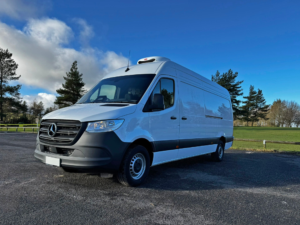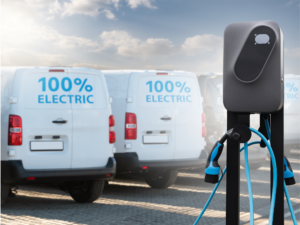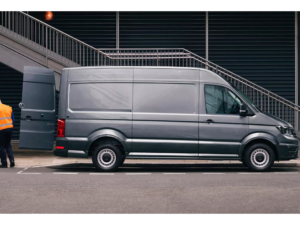Sadly, the days when you could lease a Citroen Berlingo van for £100 a month are long gone. As with everything nowadays, van leasing prices are going up, so if you’re looking to lease your first LCV or renew your van lease, be prepared to pay more. That’s for a variety of reasons.
What’s driving current van leasing prices
The impact of the pandemic
The pandemic has had a huge effect on the auto industry. As a result of lockdowns and social distancing in many European countries, most vehicle manufacturers have raised their prices by at least 25% since June 2020.
Microchip shortage
The pandemic hit and the need for cars and vans dropped so dramatically that manufacturers had to cut back on microchip orders. When the lockdown ended, they were ready to get back to production but were at the end of the line to buy microchips. That’s because firms producing electronic goods began buying them in huge quantities during the lockdown due to the rocket-high demand for tablets, laptops and gaming consoles.
Each make, model, and trim of a car has its own semiconductor chip. If a customer adds an electric tow bar to their pickup, heated seats for their new Luton van, or a heated windscreen for their van, a new chip is needed. It’s common for manufacturers to pull models and report a production week of 20-30 weeks from now, then schedule these LCVs to be built once the chip arrives.
The increased cost of components
It wasn’t just the semiconductor crisis that stressed vehicle manufacturers. Several supply chains were also affected by the pandemic, resulting in higher prices for most car and van parts.
Demand exceeds supply
As things seem to be getting back to normal, vehicle manufacturers are having trouble keeping up. As a result, lead times are longer and prices are higher.
When it comes to cost, supply and demand are always connected. Manufacturers are taking advantage of the situation by offering fewer deals on stock vehicles, which makes sense since they don’t have to worry about selling them. Dealers and manufacturers offer fewer discounts too, especially on commercial vans. Many times, they withdraw these offers without warning. As a result, vehicle leasing companies like us face a lot of challenges because the last thing we want is to let you down.
Not only brand-new vehicles but also used ones are affected by the supply issue. As consumers struggle to replace their old cars and vans with new ones, they turn to the second-hand vehicle market instead. Due to this demand, used LCV prices have risen by 28%.
Inflation pushes interest rates up
A high inflation rate usually leads to a rise in interest rates. The Bank of England had to adjust interest rates to keep up with inflation. As a result, interest rates increased to 2.25% on September 22, 2022. It was the seventh time bank rates had gone up since December 2021, when they were at 0.1%, and they’ve all pushed van leasing prices up.
Previously, it was believed that the rise in inflation would only be temporary, but now the BOE admits that is no longer the case. Interest rates are likely to rise again in December 2022 and in the first half of 2023.










